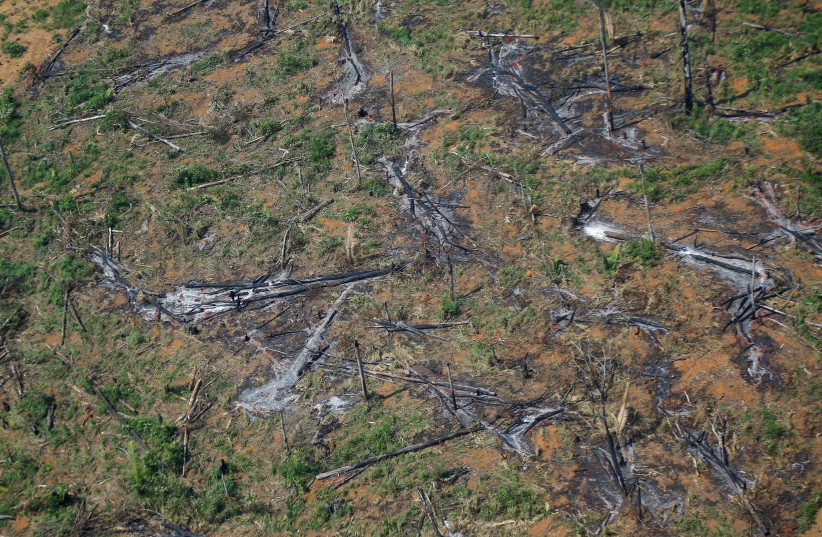The deforestation of tropical areas is even more impactful on the climate cycle than previously thought, according to a March 2022 study published in the peer-reviewed journal Frontiers in Forests and Global Change.
Forests and their depletion through deforestation have long been factored into climate calculations with regard to the amount of carbon that rises into the atmosphere when forest cover is lost.
“Although climate models incorporate the biophysical effects of deforestation, policymakers don't always have this in mind when they are making their decisions about land use,” said Deborah Lawrence, the author of the study.
In one of the main biophysical effects of deforestation, the researchers observed how the loss of tree cover affects the distribution of heat.
“Imagine a smooth surface, the wind just flows straight across and the heat from the sun comes straight down,” she said, “but with the canopy and its surface like a crown of broccoli, those air parcels bounce around and the heat is dispersed.”

In the same way that that an umbrella diverts rain and keeps the person underneath it dry, forests play a similar biophysical role when it comes to heat.
"Forests are also important to regional hydrological cycles. Once you cut down trees, you remove the pump that transfers water from the surface to the atmosphere, which affects rainfall,” Louis Vercho, Principal Scientist at the Alliance of Bioversity said.
Forests are the main source of biogenic volatile organic compounds (BVOCs), which are one of the many factors involved in cloud formation.
Verchot says while the interactions of condensation nuclei (around which clouds form) are complex, it is becoming clearer that there are both indirect and direct effects on clouds from the changes in BVOCs associated with deforestation.
“We used to think the biophysical effects offset each other, but we now know that removing forests greatly reduces the cooling effects of clouds,” he added.
“If we are looking for aggregate climate benefits, both local and global, then we should be working very hard to grow and maintain forests in the tropics and be looking to sustainably manage the forests outside the tropics,” Lawrence said.
The Environment and Climate Change portal is produced in cooperation with the Goldman Sonnenfeldt School of Sustainability and Climate Change at Ben-Gurion University of the Negev. The Jerusalem Post maintains all editorial decisions related to the content.
